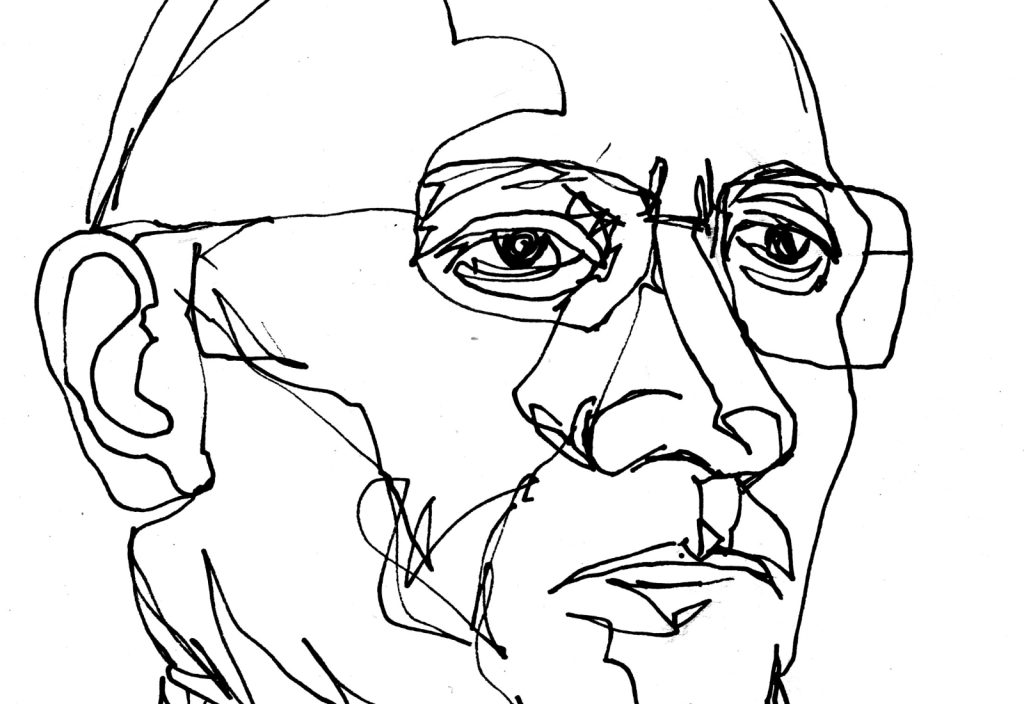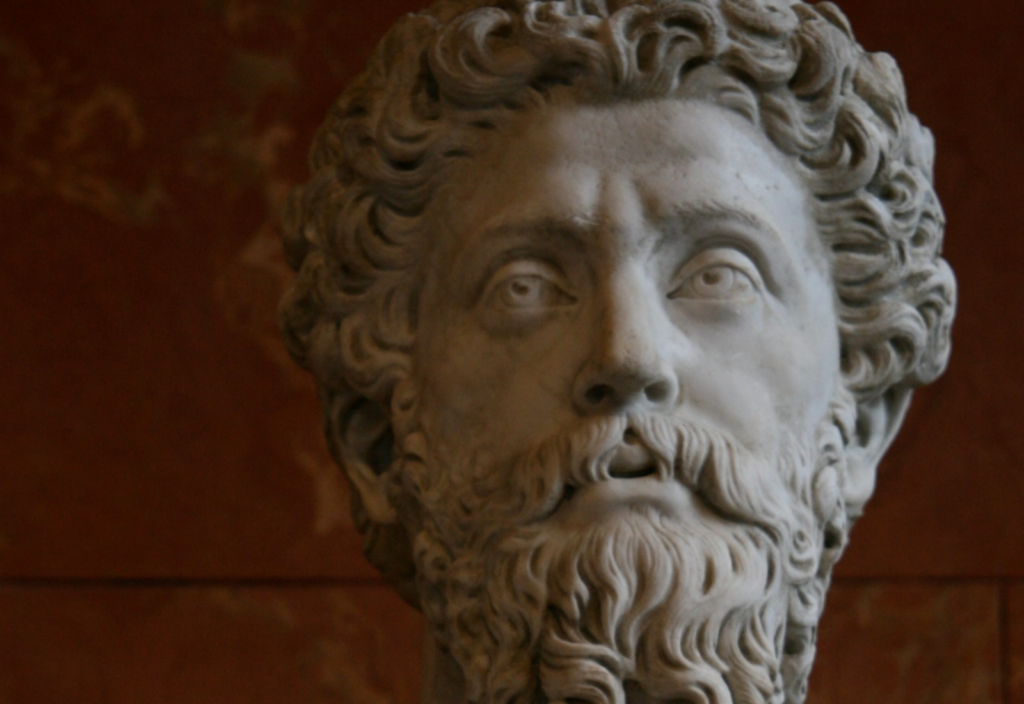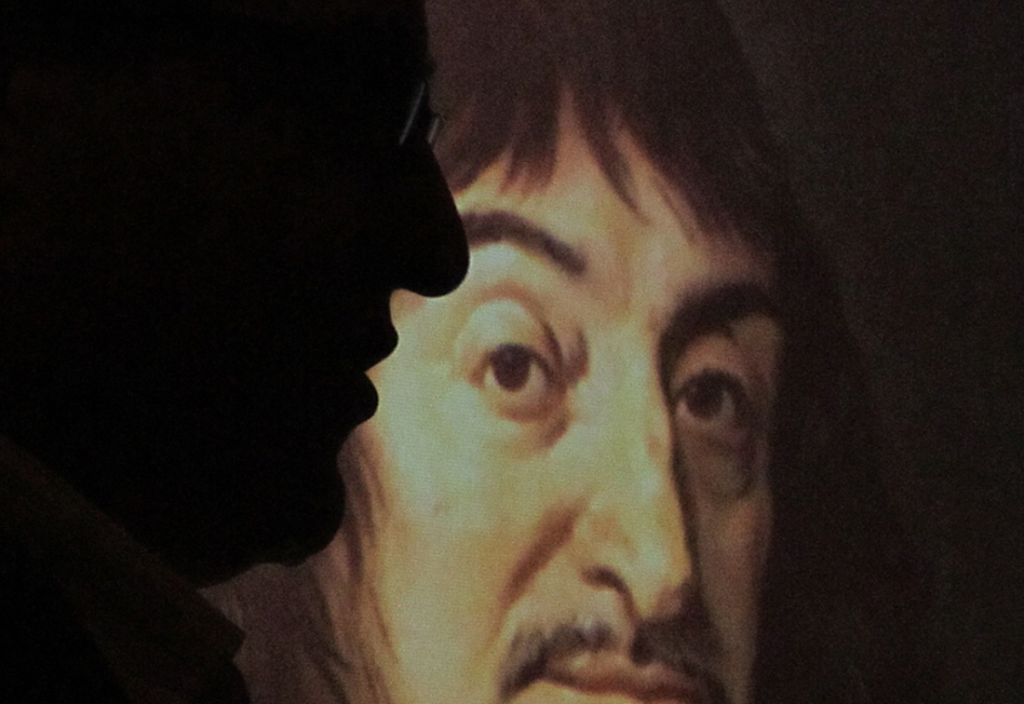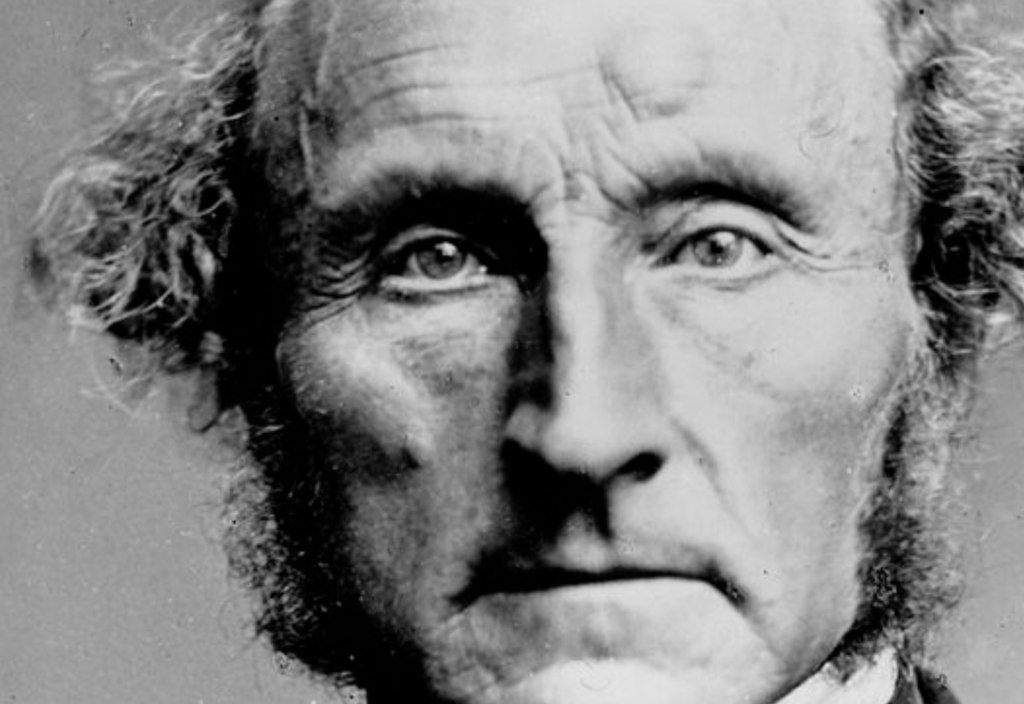As I write these words, could I be writing something else? It seems intuitive to think I could. If I wanted to I could delete these words and start again, as I have done several times already. But even then one might ask if it could have been any other way?
Those who believe in free will would say it could have been, that as John Searle argued, “each thing we do carries the conviction… that we could be doing something else right here and now, that is, all other conditions remaining the same” — what Robert Kane referred to as ‘dual power’ in his 1985 book Free Will and Values.
A hard determinist, on the other hand, would say it couldn’t have been any other way, that if my actions could be rewound they would play out again exactly the same way. According to hard determinists, our actions are not free, but determined by factors such as the environment, genetics and unconscious impulses; factors which, if not external per se, are at least beyond one’s own control.
An obvious problem arises: if hard determinism is correct, and people do not freely make decisions, how can we justify holding people responsible for their actions?
Soft determinism (also called compatibilism) offers a middle ground and a solution to this problem by positing all events and human actions do indeed have causes, but that one’s choices, rather than external forces, are the cause of their actions.
Yet another view, namely that of indeterminism, proposes actions result from random, chance events that occur as part of the brain’s decision-making processes.
For me, and for lack of a better word, the choice is between hard determinism and indeterminism. Knowing which of the two is a more accurate explanation for human action remains an open question I believe will be answered as we improve our understanding of how consciousness arises and how quantum mechanics impacts brain function and decision making.
I am quite certain that free will, as it is commonly understood and as defined by Searle, is an illusion. Compatibilism also suffers from a number of problems that lead me to reject it.
Problems with compatibilism
Most problematic for compatibilists is that we now know decisions are made subconsciously before we become consciously aware of them. As Sam Harris said in Free Will:
“The intention to do one thing and not another does not originate in consciousness — rather, it appears in consciousness, as does any thought or impulse that might oppose it.”
This counter-intuitive fact is now well-substantiated. Activity in a person’s prefrontal cortex can be observed 300 milliseconds before they feel that they have decided to move. When subjects in a study were asked to press one of two buttons, functional magnetic resonance imaging revealed two brain regions that indicated which button they would press seven to ten seconds before they made a conscious decision.
Believing the mind is made of soul-stuff rather than simply matter offers no relief to this problem, since the unconscious operation of a soul grants no more freedom than the unconscious operation of the brain.
For those trying to salvage the notion of free will the question becomes whether one can freely make decisions if they cannot consciously make them? To believe they can is at odds with the fact an individual’s entire conception of self is limited to their conscious experience, yet this is what compatibilists believe.
Compatibilists argue, as Daniel Dennett did in Freedom Evolves, that human agency survives the challenge of determinism because one’s subconscious mind is still part of who they are as a person. In other words, free will exists because an individual brain deliberates and chooses to act, even if that same individual’s conscious mind isn’t in charge. Not only does this argument not support free will as commonly understood — that is, as the subjective experience of being a conscious agent capable of making decisions — it changes the focus to a conceptual understanding of ourselves as persons.
The compatibilist conception of personhood reveals itself to be a rather weak one, and leads to the ludicrous conclusion that people are responsible for everything that goes on in their bodies, as organs make unconscious ‘decisions’ all the time. It also ignores the feeling of conscious agency that is the source of belief in free will.
Compatibilism is not supported by what we know about consciousness and the workings of the brain. What of indeterminism then?
Indeterminism
Indeterminists believe actions result from random, chance events that occur as part of the brain’s decision-making processes. But merely introducing the element of randomness to decision-making does nothing to help save the notion of free will.
Suppose you are faced with a decision between chocolate or strawberry ice cream. A hard determinist would say the decision is made in your subconscious based on the cumulative impact of all causes that led up to that moment and according to the laws of physics and chemistry that ultimately govern processes of the brain. As such, you were always going to choose the chocolate ice cream.
This behaviour might appear random, but that is only “due to lack of knowledge of the actual state of the observed system or details of its interaction with the rest of the universe.”
An indeterminist would instead argue that, quite within the laws of physics (in particular quantum mechanics), there is something intrinsically random about the way the brain makes decisions, and you could choose chocolate or strawberry based on chance events in the brain, rather than the cumulative impact of causes that shaped who you are and led to that moment of decision. Now, the action has been caused by that chance event having occurred, but at the moment of the chance event something else equally could have happened by chance that led to a different outcome.
In this way, indeterminists redefine ‘free’ actions as those that occur spontaneously – free from intention, free indeed from any prior cause other than the chance event that has in that moment caused them. But such actions are no more ‘free’ than under determinism, for they are still beholden to a cause outside of one’s own conscious control.
A chain of causation dating back to the creation of the Universe and leading up to the moment of you choosing what flavour ice cream you want (hard determinism) has been replaced random chance (indeterminism).
Neither of these thoughts is particularly comforting. And if either is indeed to be credited as the underlying cause of human behaviour, the concern is this may leave no room for moral responsibility. As Harris said in Free Will:
“Either our wills are determined by prior causes and we are not responsible for them, or they are the product of chance and we are not responsible for them.”
On moral responsibility
How then to justify holding people responsible for their actions? The answer is as simple as understanding that to hold others responsible for their actions they need not be morally responsible.
If someone commits a crime, holding them responsible remains pragmatic in the absence of moral responsibility because incarceration of certain criminals can protect innocent people. Punishment can also deter others from committing crimes. And, if done well, it creates the conditions for rehabilitation and reduced reoffending.
Consider a young man who has frequent run-ins with the law for actions such as petty theft or vandalism, but who, through repeat offences, is eventually handed a prison sentence. However, due to the lengthy nature of the judicial process, he has in the meantime been out on bail and has been rehabilitated. In fact, this individual has formed an organisation to use his positive example to help other young offenders change their ways as well.
It only makes sense to throw this young man in prison if we nonetheless demand he be held morally responsible. In the absence of moral responsibility, it is clear he should not be sent to prison, where he would be unable to continue his work helping other young people to get on the straight and narrow, and where the progress he has made in his own rehabilitation is likely to go backwards.
The takeaway
Given strong evidence that decisions are made subconsciously before they appear in the conscious mind, and in their attempt to save agency from deterministic causation, compatibilists seek to redefine personhood in a way that makes people responsible for their unconscious actions.
Neither determinism nor indeterminism is compatible with the notion of moral responsibility. But this does not prevent us holding people responsible for their actions, because doing so can protect others, has a deterrent effect on bad behaviour, and has the potential to improve people’s future actions.
Determinism presents a persuasive argument. Decisions are made subconsciously before they enter the conscious mind and, ultimately, everything that happens is the result of prior causes. The question is whether something else could have happened — not from a conscious decision to do otherwise, for such a conception of free will has been found wanting, but by random, chance events that occur during the brain’s decision-making processes. But adding randomness to the mix does nothing to support the notion of free will; it merely opens up the potential for different actions and outcomes.
We can’t hit rewind to see if things would play out exactly the same way. The only thing we can know for certain is that there remains a lot we still don’t know about the nature of consciousness and decision-making in the human brain. And, for this reason, it remains unclear if determinism or indeterminism best explain human decision-making and behaviour.
Could it, at this point in time, and all other conditions remaining the same, have been any other way?
This article has been republished with the permission of the author. It originally appeared on his blog.
Photo by Burst on Unsplash.












